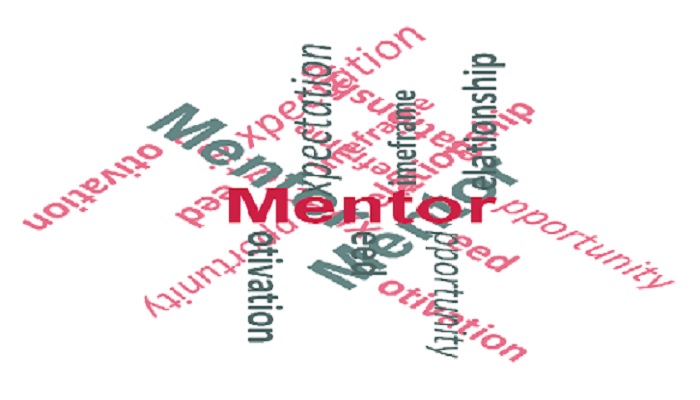Importance of Mentoring
Mentoring for Career Success
Mentoring is an important part of professional development and should feature regularly in our development plans. Often though we do not know where to start. Having a mentor is something you never outgrow. A good mentor also understands what it is like to be mentored. Mentoring can take many forms but importantly it is about the sharing of insight and experience to challenge.
The mentor brings two things:
1. Experience that has relevance to your work environment, and
2. Insight to offer based on that experience.
A positive mentoring relationship arises from a focus on:
• Motivation
• Expectation
• Need
• Timeframe
• Opportunity
• Relationship

Motivation. A person more interested in telling others how important they are because they mentor others, would struggle to be an effective mentor. In addition, a mentee who is overly interested that the mentor is senior, influential or well connected, needs to appreciate that the mentor is there to challenge and the mentee is there to be challenged!
My motivation to mentor and be mentored goes beyond my desire to share my professional learning. I often walk away from discussions with mentees with a list of thoughts to explore and things to do in advancing my career. When I am a mentee, I gain clarity about the challenges I am facing and the commitment to address them.
Expectation. Mentors must put their focus on the mentee. Sorry to tell you it is not about you, it’s about them! Mentors and mentees must be committed participants and that means making time in busy schedules. It is hard to have a successful mentoring arrangement if the parties do not connect regularly.
The participants also need to agree the areas of focus. Both the mentor and mentee have things to gain and contribute. Expectation setting is not about one party. Make sure you talk about the ‘why’ from each other’s perspective.
Most importantly, mentoring is about challenging and being challenged! If that is not happening, you are just hanging out and you need to rethink the expectations.
Need. My first mentoring experience occurred when I was on a development program. I needed a mentor for the program. Being a confident young person, I sent an email to a very senior person I had not met and asked them to be my mentor. At the time, it never occurred to me how badly it could have ended. No need to worry, the prospective mentor was on the phone in a flash saying yes! A great start to what became a great mentoring relationship.
Timeframe. When the development program I mentioned above ended, the mentoring stopped as fast as it had commenced. It was great while it lasted but when it ended, and I was left feeling a little abandoned. The ‘need’ was defined as the duration of the development program and so the need and the timeframe were linked – I just didn’t realise.
Agreeing the timeframe for the mentoring is critical. Be clear on the timeframe and agree some review points. I prefer to set a defined period based on the development need that can be extended by mutual agreement. It is also important to appreciate that with the best intent in the world, sometimes there is nothing left to explore.
Opportunity. Mentors are there to look at the mentee’s world from a different perspective. Because the mentor is looking from the outside in, it may take time for the mentee to see the connections. When this happens, the mentee may start to wonder about the value the mentor is adding. The mentor is there to highlight opportunities so the mentee needs to remember
• Mentor = insight
• Mentee = opportunity to be challenged!
Relationship. Build a trusting relationship from the start and quickly. Now this can be hard when the mentee did not choose the mentor. If that is the case, remember that the mentor did not choose the mentee either! Numerous models are available which can assist in building trust. But here’s a novel thought – just be real! If the mentor and mentee are both authentic from the start, the relationship will build.
Mentoring offers great potential for professional development for both the mentor and mentee. Positive mentors have played a big part in my career success. In return, I have taken every opportunity to mentor others. If more of us commit to being an effective mentor and being a learning mentee, then career, team and organisation success will follow.